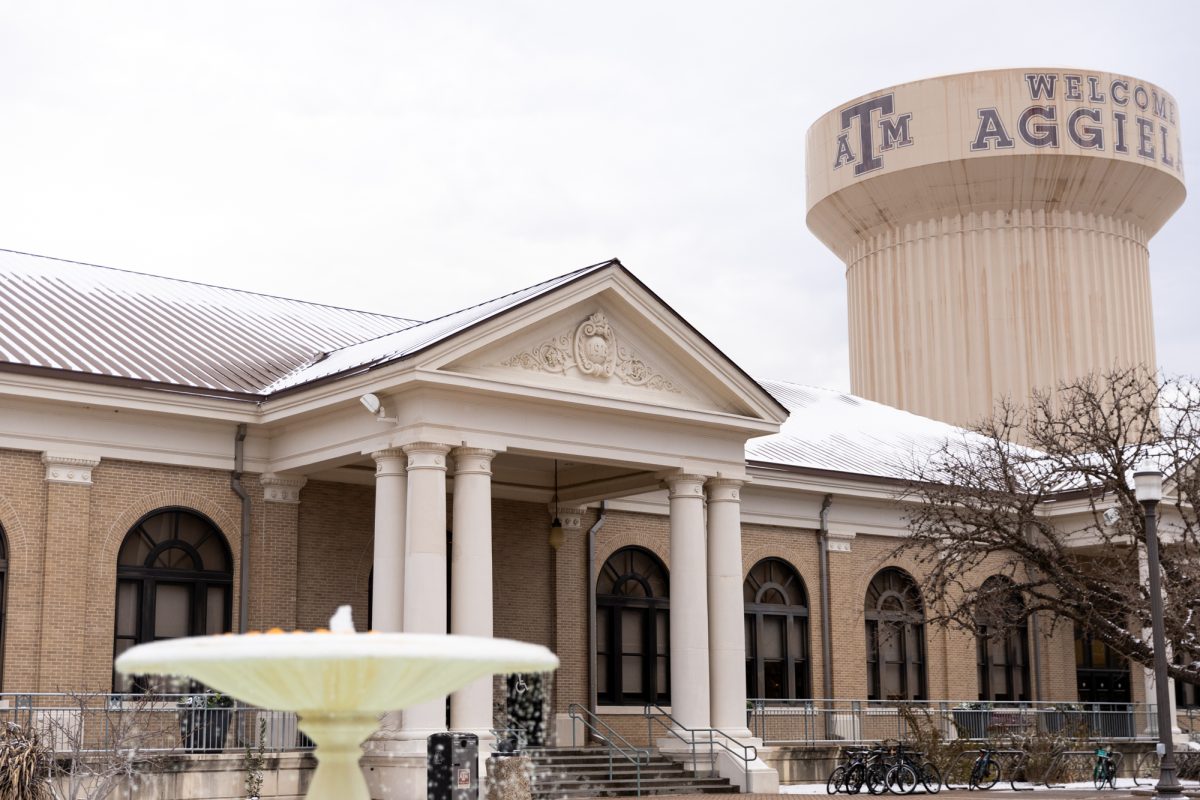Following similar actions from other Texas schools, Texas A&M athletic director Ross Bjork announced on Feb. 23 the university plans to have full attendance at home games for the 2021 college football season. Granted, even with these announcements, there is the strong possibility of continued COVID-19 restrictions such as a mandatory mask requirement. Additionally, Bjork was clear that full attendance is a plan subject to future changes. However, the school should work toward the goal of allowing full capacity in the fall of 2021. Hopefully, by A&M’s first home game on Sept. 4, most of America’s at-risk population will have been immunized, allowing these folks to attend home games.
Still, the devil is in the details: The biggest problem with looking toward full attendance is the type of restrictions the university will implement. Clearly, whether Kyle Field needs mask or capacity restrictions depends on the situation in early September.
If vaccines are not distributed to many of the people attending the games, the university might require all attendees to have some sort of restrictions. Since the Centers for Disease Control and Prevention, or CDC, state that masking is not a substitute for social distancing, the university could either a) go all in on COVID-19 prevention by including many of the same restrictions as last season, b) have full attendance in Kyle Field, but continue the mask mandate or c) open up the stadium to full attendance without masking.
Since the university is aiming for full attendance, there are a couple ways the university can achieve a packed Kyle Field.
First, A&M could mandate that only vaccinated people can attend games. This approach would be similar to what Israel is doing where once someone gets vaccinated, they are free to go about their normal lives with limited restrictions, such as masking required at the behest of businesses. The Israeli government accomplished this vaccine check through what is called a “green pass.” This pass essentially shows one has been fully vaccinated and can return to normal life. Even though President Joe Biden’s Administration has been clear there will be no government-backed vaccine passport, there is still the possibility of A&M or a private company making something similar to the green pass.
Granted, there are still plenty of coronavirus restrictions in Israel, which will likely be the case in America as vaccines are distributed. However, if A&M can figure out how to check if people are inoculated, they could possibly bring normalcy back to home football games.
Only letting vaccinated people into games at Kyle Field would also encourage many Texans to get their vaccine. If the people hoping to attend home games in the 2021 season know they need to get inoculated before they can go, it would incentivize many Aggies to get vaccinated before the Sept. 4 opener against Kent State. Even if some students are unable to get their shot before the first home game, it would still give them motivation to get it before the last one on Nov. 20.
Even though this simple solution of only letting vaccinated people into the game could work, there are many moral and legal concerns. For example, if a vaccine passport is a violation of the Health Insurance Portability and Accountability Act, or HIPAA, then there might be no way to let only vaccinated people into the games. Moreover, if vaccine passports are not a violation of HIPAA, the school will need to have a plan for those who are told by their doctor to not get the vaccine. These are concerns that A&M must have answered before the first home game of the 2021 season.
Second, the university could reduce the risk of spreading the virus by having temperature checks at the front gates of Kyle Field. According to the CDC, if someone registers a temperature over 100.4 degrees Fahrenheit or higher, then they are considered to have a fever. By only allowing people without a fever to enter the game, the university can add another level of protection to those in attendance.
The key for A&M is to have multiple plans going into next season. The goal to have full attendance with no restrictions is what the school should aim for, but the school must also have a backup option with similar rules to last season. If the university goes into the fall with these contingencies, then there should be little doubt that they will be prepared for anything that occurs with the coronavirus.
Bryce Robinson is a business administration sophomore and an opinion writer for The Battalion.










